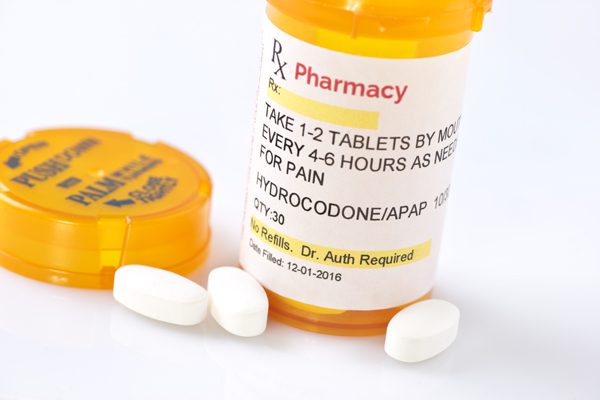 Opioid pain medications can be an effective option for treating moderate-to-severe pain.
Opioid pain medications can be an effective option for treating moderate-to-severe pain.
These medications are available to doctors for their patients, and they have the potential to be a highly effective tool as part of a pain management strategy. However, with the opioid crisis getting so much coverage in the news recently, it seems inevitable that many myths about these medications abound.
Some Myths About Opioid Pain Medications You Need to be Aware Of
1. Myth: Everyone who takes opioid pain medications ends up addicted to them.
Fact: Each patient’s risk for addiction is different and should be evaluated before they are prescribed an opioid pain reliever. The doctor should ask questions about whether anyone in the family has a history of addiction and if the patient has a personal history of either alcohol or drug abuse.
2. Myth: The higher the dose of opioids, the better they work.
Fact: Higher doses of opioids don’t necessarily equal better pain relief. Over time, a patient builds up a tolerance to opioids and won’t get the same level of relief at a lower dose. However, taking a higher dose of the medication means that tolerance is built up at a faster rate. In the case of someone with chronic pain, long-term use of opioids may make their pain worse.
3. Myth: Opioid pain medication cures pain.
Fact: Opioids and other pain medications are used to treat pain. They don’t cure the underlying condition. Pain is often a symptom that accompanies a disease or is the result of an accident, injury or a surgical procedure.
In the case of chronic pain, the pain itself is a condition that is being treated by a doctor. Patients are referred to a pain management specialist, and the goal becomes using different treatment methods (which may include opioids) to provide as high a quality of life as possible for the patient.
4. Myth: Opioid pain medications are bad and no one should ever take them.
Fact: Opioid pain medications are neither inherently good nor bad. They are a tool that is available to doctors for their patients. There are people who take them and find them helpful in getting pain relief. Other people don’t want to take them, due to concerns about their addictive properties or possible side effects.
5. Myth: Prescription opioid pain medication patients end up becoming heroin addicts.
Fact: This myth requires some explanation. It is true that the majority of heroin addicts report that their first experience was with prescription opioid medications, but in most cases these individuals weren’t taking opioids that were prescribed for them.
In most instances, they were taking drugs from someone else’s prescription. Sometimes the drugs were given to them or shared with them by friends or family members. In other instances, the medication was stolen.
6. Myth: People who become opioid pain medication addicts could stop using if they had stronger willpower.
Fact: Patients who develop a tolerance for their opioid pain medication over a long time are experiencing a normal effect of taking this class of medication. They will need to take a higher dose to get the same level of pain relief. These patients also need to know that they should taper off their medication over time instead of stopping it all at once. If someone who has been taking opioids regularly for a long time tries to stop suddenly, they may experience withdrawal symptoms. Neither of these circumstances mean that a person has developed an addiction to their pain medication.
Someone who has developed an opioid pain medication addiction will continue to take the medication in spite of negative consequences or may be unable to stop using even though they want to. The person may have cravings for the drug, spend much of the day thinking about how to get more pills or be focused on using them.
Once an addiction to opioids starts, a person neglects other sources of pleasure in order to spend time using the drug of choice. He or she will stop spending time with family and friends and pursuing hobbies in order to get pills.
Great Oaks Recovery offers a residential treatment program for people who need help for drug addiction. Each client receives care designed to deal with their specific issues on an individual basis, including an appropriate follow-up plan.
If you or someone you love is in need of alcohol or drug treatment, contact us anytime at (713) 769-0102. We are here to help.
Sources:
Facts and myths about opioid pain medications. UC Davis Health.
3 harmful myths about the opioid epidemic. Futurity.
Opioids might worsen chronic pain, study finds. Medical News Today.
Opioid Addiction 2016 Facts & Figures. American Society of Addiction Medicine.


